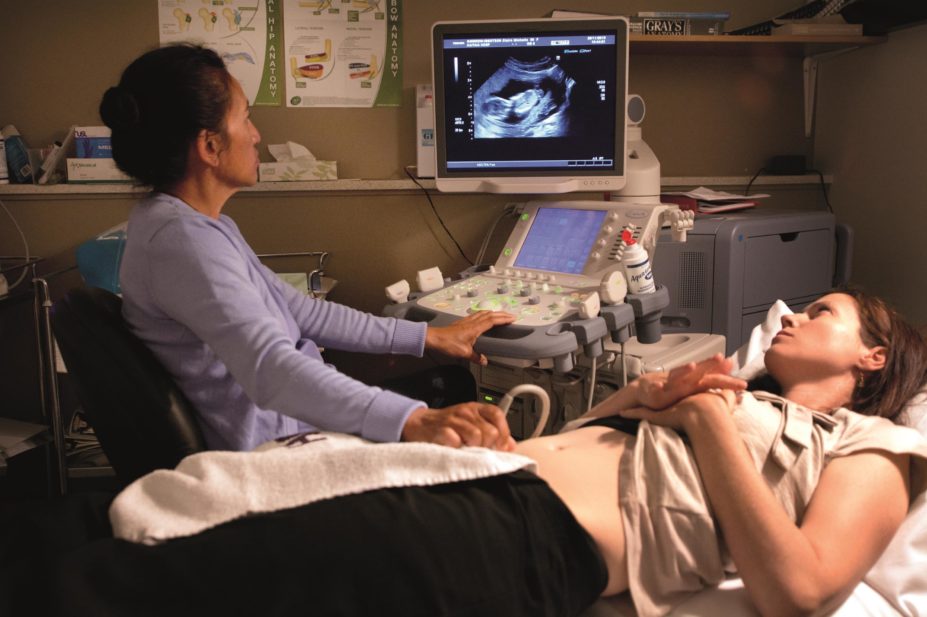
ChameleonsEye / Shutterstock.com
Regulators are considering tightening restrictions on the use of valproate in women and girls because of the associated risks to children exposed to the drug in the womb, including the possibility of autism and attention deficit-hyperactivity disorder (ADHD).
A safety review found that there is a 30-40% risk of pre-school children having developmental problems if their mother took the drug, which has been used in Europe to treat epilepsy and bipolar disorder since the 1960s. Some valproate medicines are also authorised in some EU member states to prevent migraines.
The recommendation to the European Medicines Agency (EMA) comes from its Pharmacovigilance Risk Assessment Committee (PRAC) following a safety review prompted by concerns from the UK in October 2013.
Children exposed to the drug in the womb had an 11% chance of later developing neural tube defects or cleft palate. Their risk of developing autistic spectrum disorder was three times higher than the general population, the PRAC discovered. The risk of developing childhood autism was five times higher than in the general population, it found.
The committee recommends that valproate should not be prescribed to treat bipolar disorder or epilepsy in pregnant women or women or girls of childbearing age unless there is no alternative product.
In cases where there is no alternative, the patient should have effective contraception and be treated by a specialist doctor, it says.
The drug should also never be prescribed for preventing migraine if the patient is pregnant and pregnancy should be ruled out before valproate is used as a treatment for any condition, it recommends.
Women should be provided with all the information about the risks of valproate before making a decision about taking the drug, says PRAC.
Doctors are also advised to continue to review treatment, especially when girls approach puberty or women decide to become pregnant, the committee says.
“While valproate remains an option for patients where other treatments have failed or are not tolerated, the committee concluded that women and healthcare professionals need to be better informed about the risks of valproate exposure in the womb and of the need for effective contraception,” PRAC concludes.
Educational material should be provided to healthcare professionals across the European Union as well as to women prescribed valproate to inform them of the risks, according to PRAC.
The recommendations now go to the EMA’s Co-ordination Group for Mutual Recognition and Decentralised Procedures – Human (CMDh) for a final decision.


